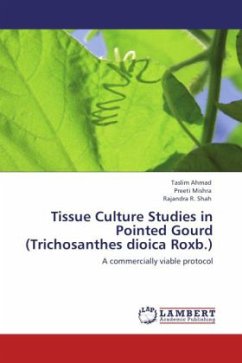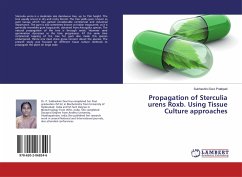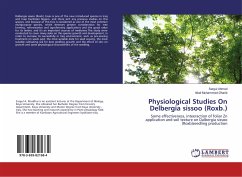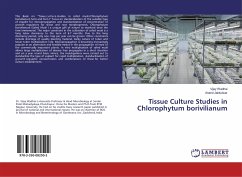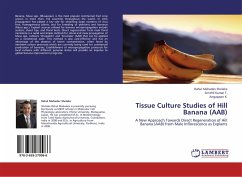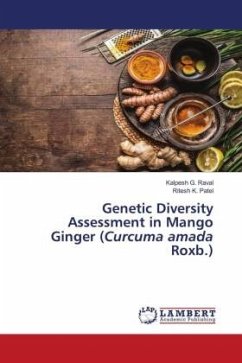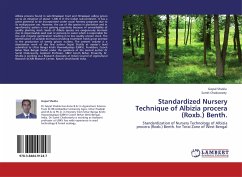The studies on tissue culture experiments were carried out in Ashoka [Saraca asoca (Roxb.) de Wilde.] a high valued medicinal tree in India, listed in the red data list of International Union for Conservation of Nature and Natural resources (IUCN) as vulnerable species. The aim of the study was to standardize the protocol for in vitro culture. From the present investigation it was concluded that for in vitro culture of Ashoka species indirect organogenesis i.e. through the callus induction was found to be the best than direct organogenesis through the production of multiple shoots and roots. In MS media with 2,4-D 2.0 mg/l, the Genotype 4 collected from Periyakulam and the explant 10 (ovary) proved to be the best for callus induction.

![Tissue Culture Studies In Ashoka [Saraca asoca (Roxb.) de Wilde.] - Paranthaman, M.;Usha Kuramari, R Tissue Culture Studies In Ashoka [Saraca asoca (Roxb.) de Wilde.] - Paranthaman, M.;Usha Kuramari, R](https://bilder.buecher.de/produkte/41/41735/41735170n.jpg)
